Science Buddies
Science Buddies: Interpreting Area Data From Maps vs. Graphs
Graphical methods of data presentation are a key feature of scientific communication. This project asks the question, "What's the best way to compare the land area of states: a map or a bar graph?" You'll be measuring performance on two...
Science Buddies
Science Buddies: Dome Sweet Dome
Geodesic domes are made of interconnected triangles that approximate the shape of a sphere. This project shows you how to build a geodesic dome using rolled-up newspapers and tape and then test how much weight your dome can support.
Science Buddies
Science Buddies: Locating the Epicenter of an Earthquake
When an earthquake happens, how are scientists able to determine the original location of the quake? In this project, you'll use archived data from a network of seismometers to find out for yourself. You'll create your own seismograms...
Science Buddies
Science Buddies: Gigantic Triangles: Measuring Altitude (Inclinometer)
If you've ever wondered how tall that bridge is, or how high your kite was, then this could be a good project for you. You'll learn how you can use the mathematics of right triangles to measure the height of an object with two...
Science Buddies
Science Buddies: Measuring the Earth's Core With Seismic Waves
When an earthquake occurs, seismic shock waves travel out through the earth from the source of the event. The shock waves travel through the earth (body waves), or along the Earth's surface (surface waves), and can be recorded at remote...
Science Buddies
Science Buddies: Tiling With Spidrons
If art and math are both passions of yours, this project is meant for you! Spidrons are geometric forms made from alternating sequences of equilateral and isosceles (30 degrees, 30 degrees, 120 degrees) triangles. Spidrons were...
Science Buddies
Science Buddies:testing Compression Waves
Here's a project for studying compression waves in different soil types. It uses a homemade wave tank for solids, with a frequency generator, amplifier, and loudspeaker as the vibration source. There are lots of interesting possibilities...
Science Buddies
Science Buddies: Chain Reaction: Inversion and the Pappus Chain Theorem
Here is a challenging problem for anyone with an interest in geometry. This project requires background research to solve it, but it is an excellent illustration of visual thinking in mathematics.
Science Buddies
Science Buddies: Set Your Table for a Sweet and Sticky Earthquake Shake
Earthquakes can have different affects depending on their location. This week long exercise asks you to build a model house and a special table to shake it on, and see how different soil types can amplify shaking.
Science Buddies
Science Buddies: A Puzzling Parallax
Did you know that ancient astronomers could measure the distance to other stars? They could also distinguish between stars and planets. How could they do that without modern technology of telescopes? See if you can discover the link...
Science Buddies
Science Buddies: Juice Box Geometry
Juice boxes are so convenient, just poke the straw in and sip away. It might surprise you how much thought goes into the design and manufacturing of a juice box. Each manufacturer has carefully calculated how big each side should be to...
Science Buddies
Science Buddies: The Bouba Kiki Effect
It may be possible for certain symbolic characteristics, like sharpness and roundedness, to cross language barriers. In this experiment you will investigate the Bouba-Kiki Effect to find out if abstract visual properties can be linked to...
Science Buddies
Science Buddies: Shape Changing With the Cyber Squad
In this project, you will make 2-dimensional templates, called nets, that fold up into 3-dimensional (3-D) shapes. By making shapes of different sizes, you will be able to see how 3-D shapes change with size. In your findings you will...
Orca Book Publishers
Orca Book Publishers: Tj and the Rockets Teaching Guide [Pdf]
Hazel Hutchins has written the TJ series of novels. This teaching guide for TJ and the Rockets, about TJ and his science fair project, includes a book summary, teaching ideas and the author's reflections on writing the book.


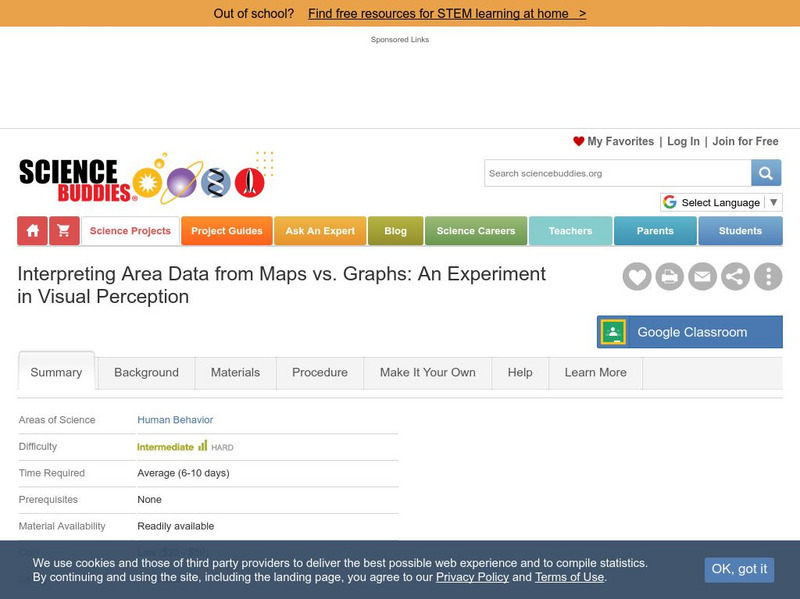


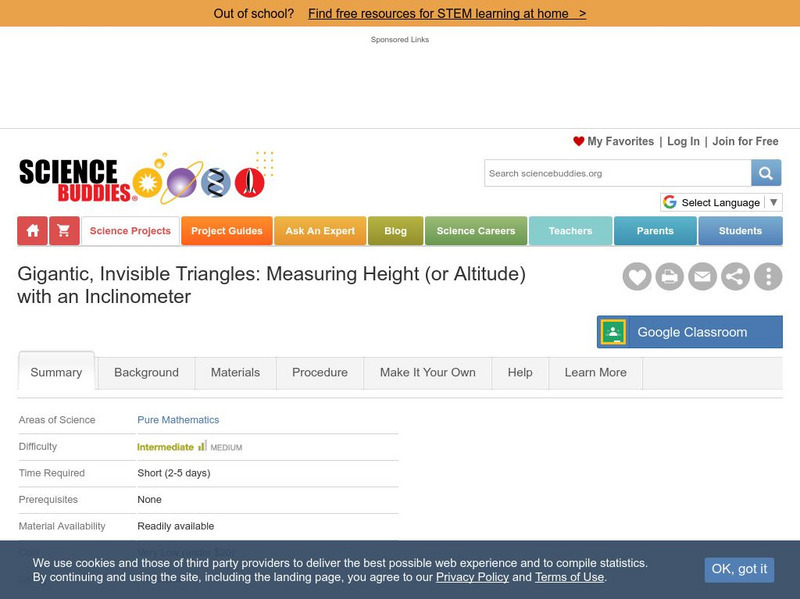
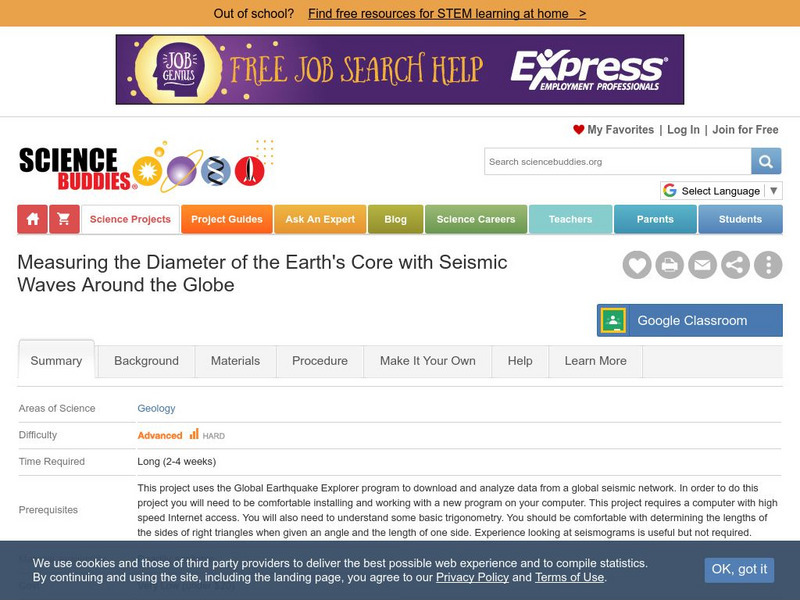




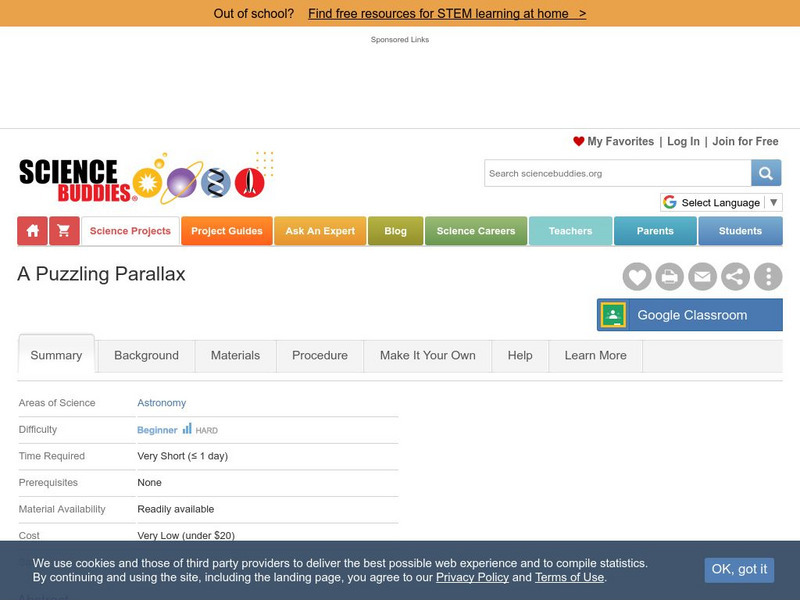
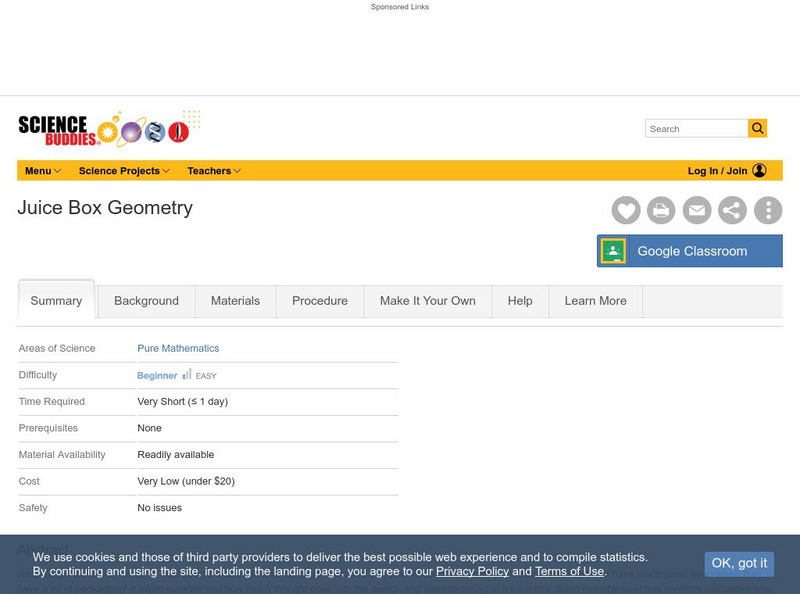

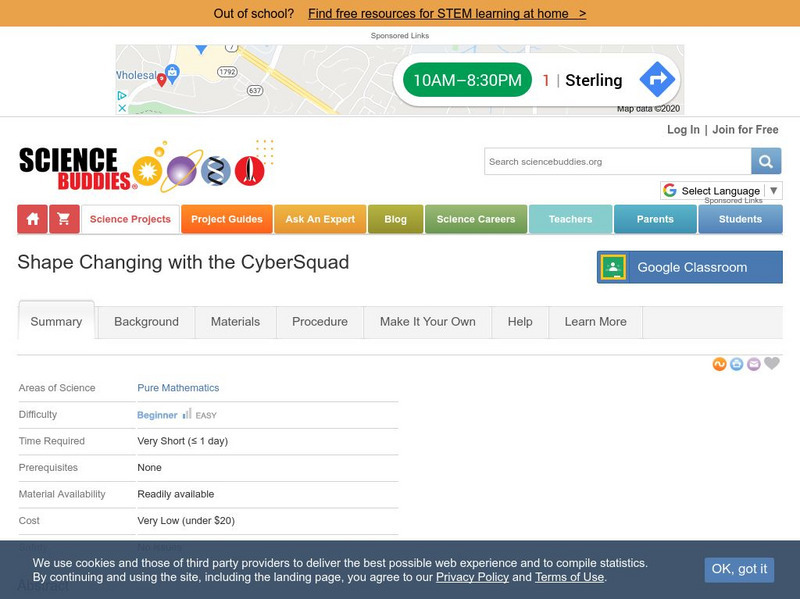
![Orca Book Publishers: Tj and the Rockets Teaching Guide [Pdf] Lesson Plan Orca Book Publishers: Tj and the Rockets Teaching Guide [Pdf] Lesson Plan](https://d15y2dacu3jp90.cloudfront.net/images/attachment_defaults/resource/large/FPO-knovation.png)